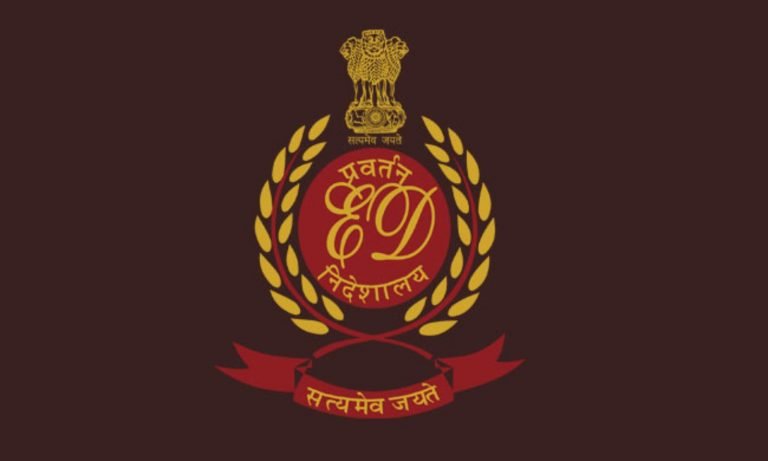The Enforcement Directorate (ED) on Tuesday submitted before the Punjab and Haryana High Court that the issue of prosecution sanction under Section 17A of the Prevention of Corruption Act cannot be raised by Gurugram-based developer Roop Bansal, who is seeking to quash an FIR linked to a former special CBI judge.
ED Asserts Only Public Servants Can Raise Sanction Objection
ED’s counsel argued that only a public servant has the locus standi to object to the absence of prior approval under Section 17A. The petitioner’s argument—that the Governor’s sanction was mandatory before registration of the FIR—is therefore not legally sustainable, the agency said.
The court was hearing a petition filed by M3M Director Roop Bansal, who, along with others, including ex-CBI judge Sudhir Parmar, is named in an April 2023 FIR registered by the Haryana Anti-Corruption Bureau. The FIR invokes Sections 7, 8, 11, and 13 of the Prevention of Corruption Act, along with Section 120-B of the Indian Penal Code, covering bribery, undue advantage, criminal misconduct, and conspiracy.
FIR Alleges Preferential Treatment by Judicial Officer
The case alleges that while presiding over cases involving ED and CBI-investigated matters, Sudhir Parmar granted favourable treatment to Bansal and others. At the time, Parmar was the special judge for CBI cases in Panchkula.
Algoritha: The Most Trusted Name in BFSI Investigations and DFIR Services
After certain “complaints” surfaced, the Chief Justice of the High Court, Sheel Nagu, had reassigned the matter to himself but later recused from hearing the case. It is now being handled by Justice Manjari Nehru Kaul.
The next hearing is scheduled for July 30. The court will now consider whether the ED’s argument regarding the petitioner’s lack of standing holds merit as it evaluates the legality of the FIR’s registration process.


